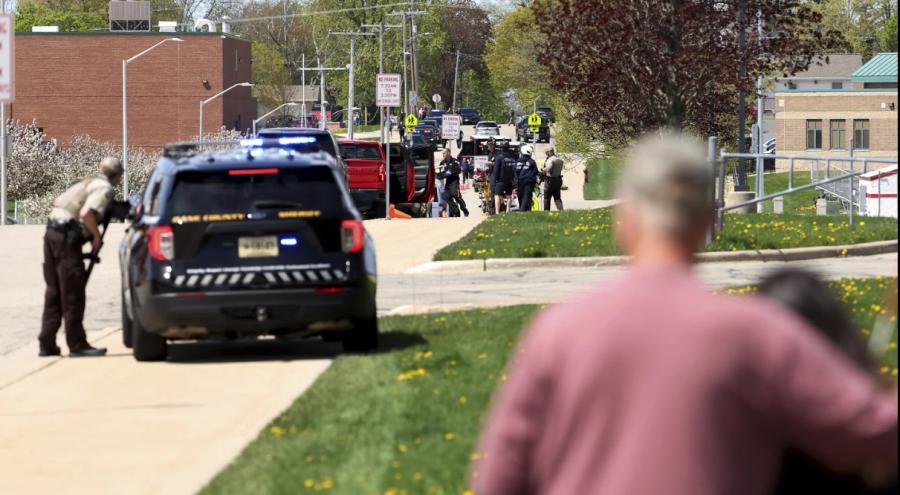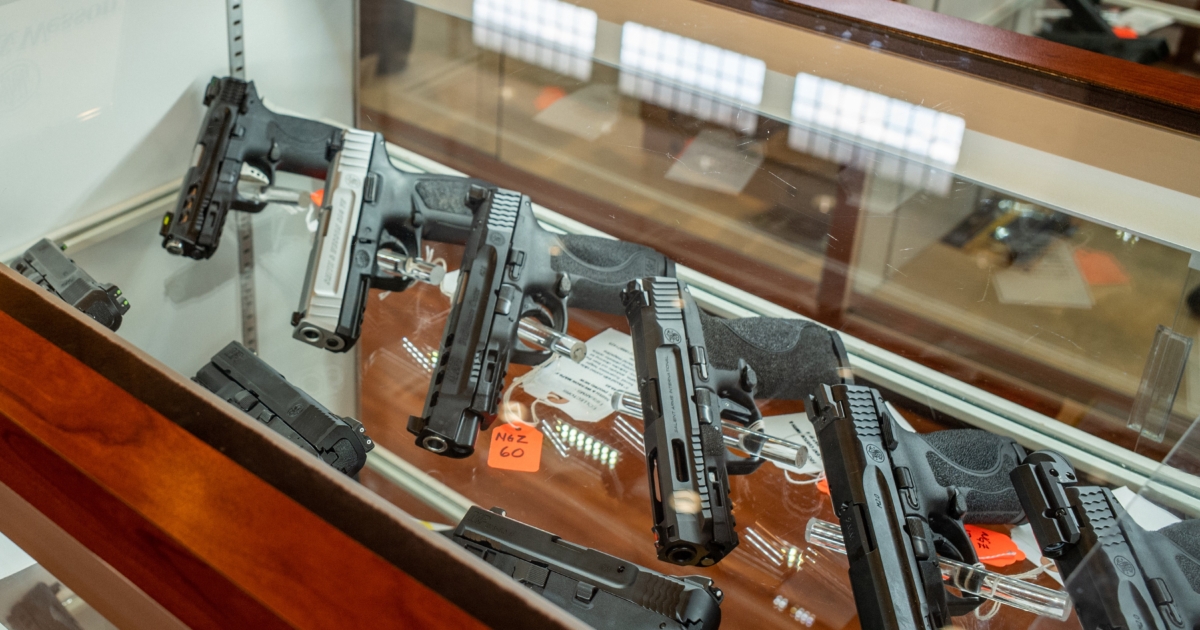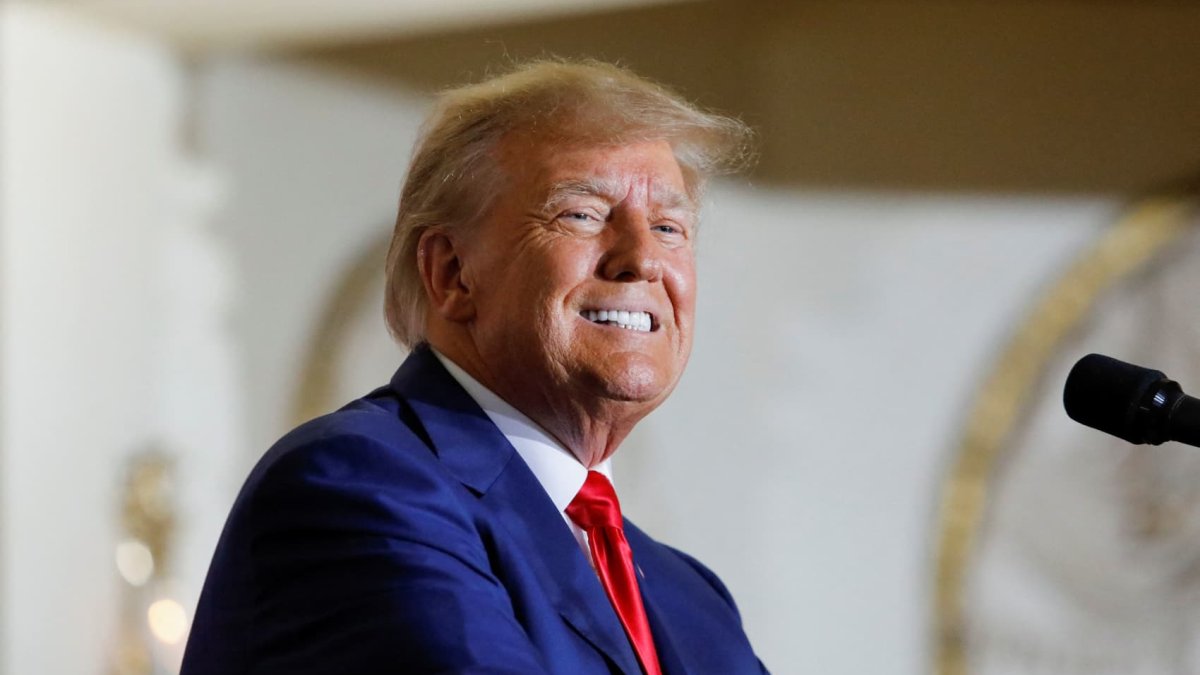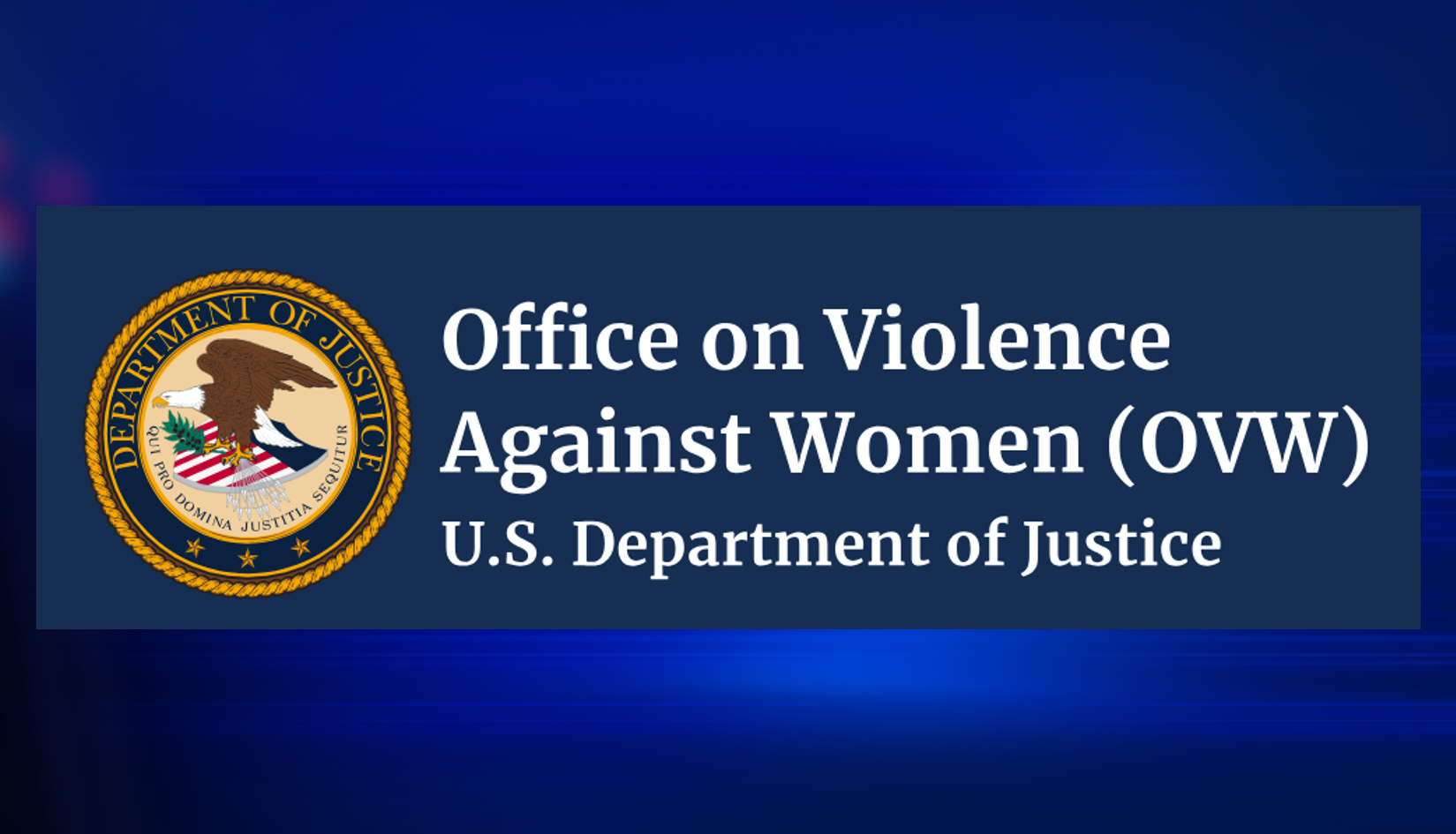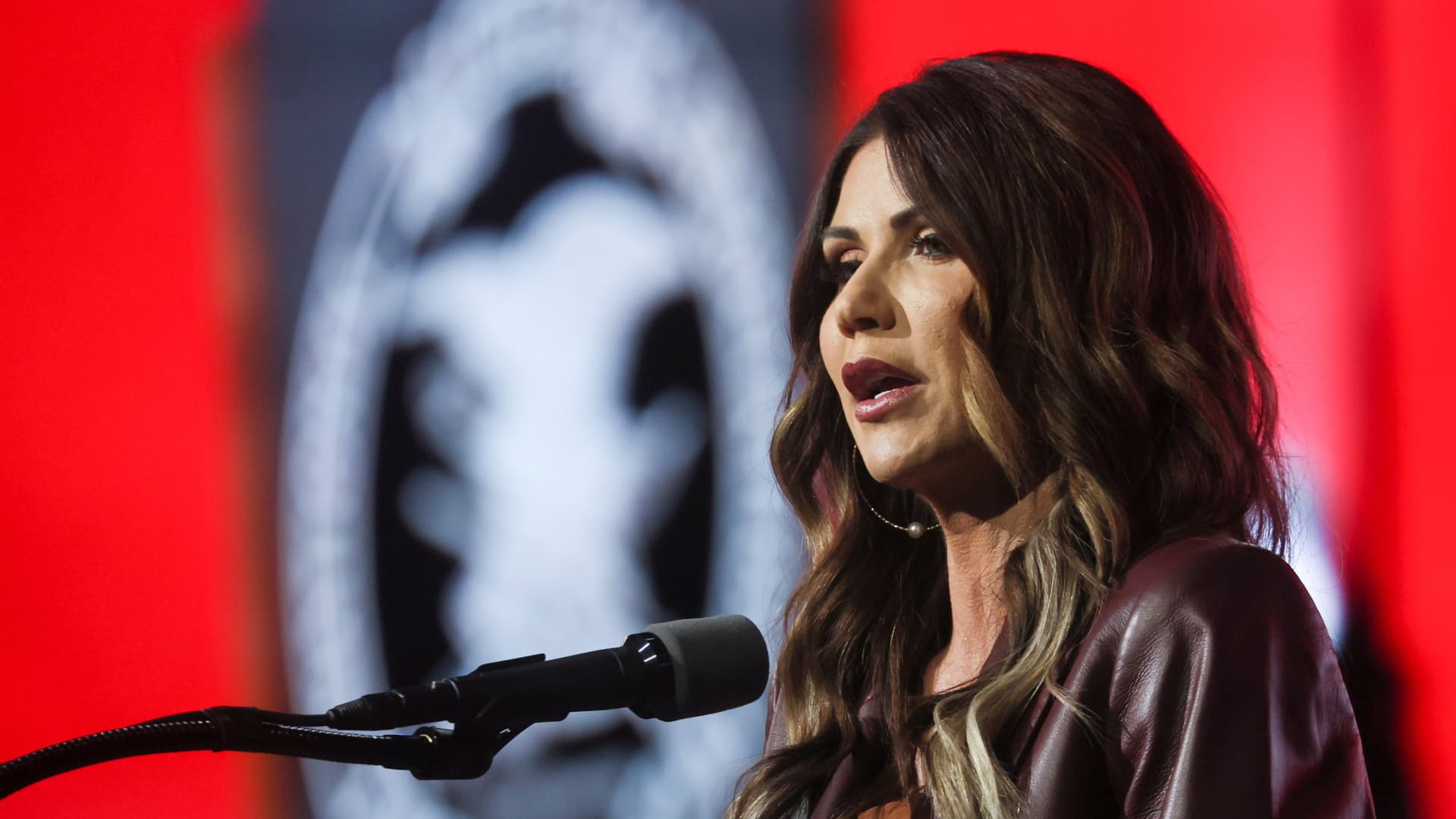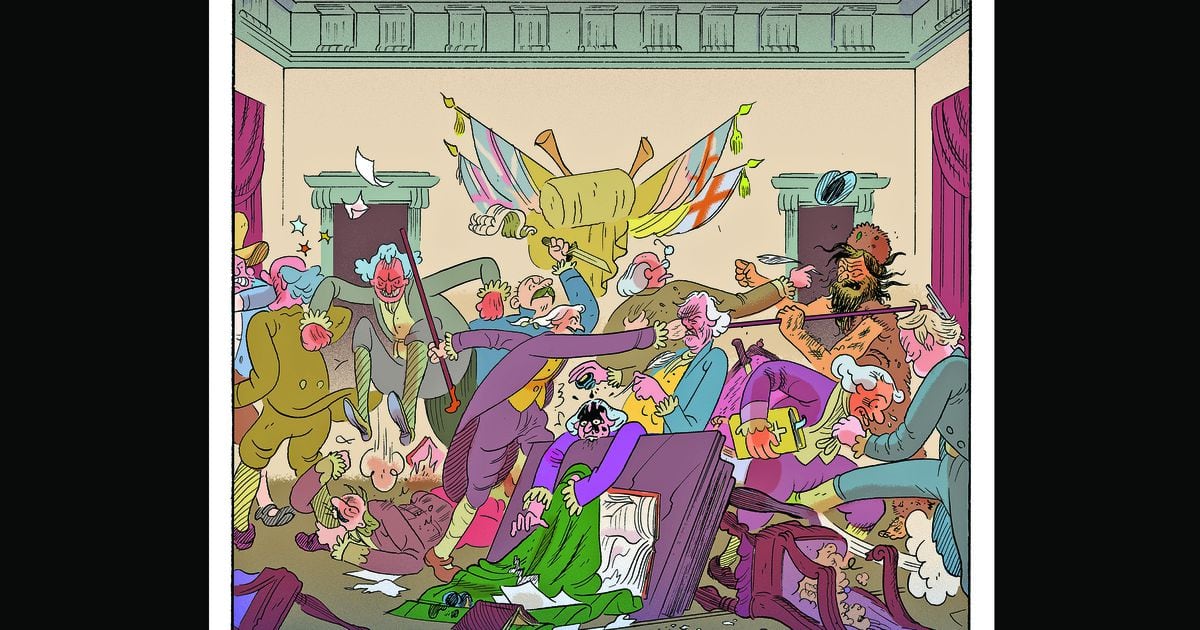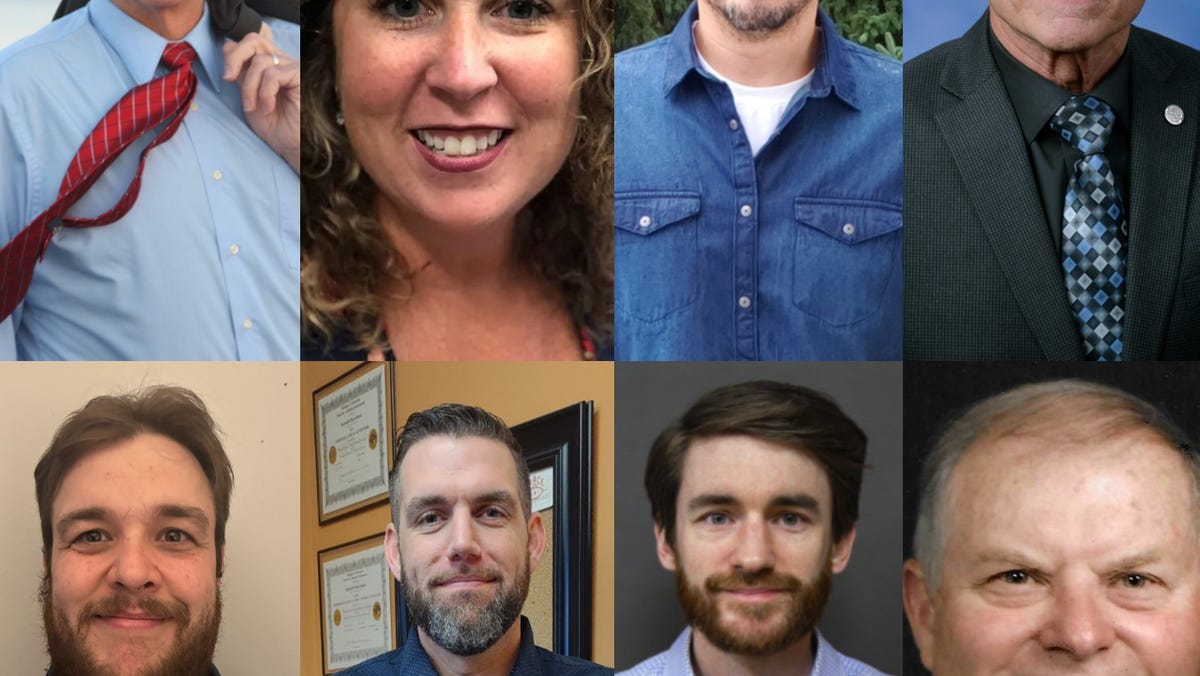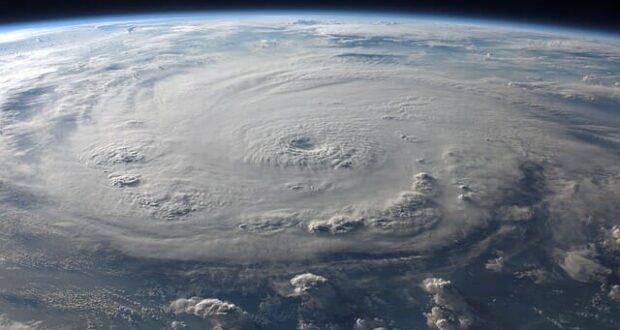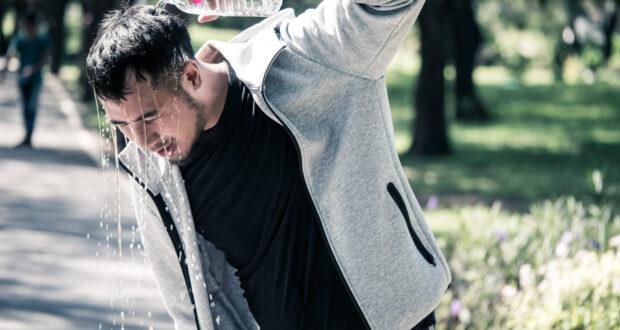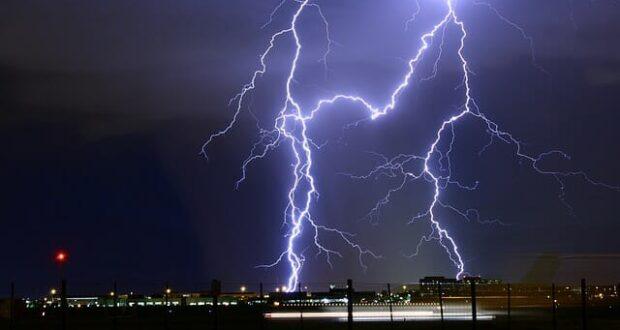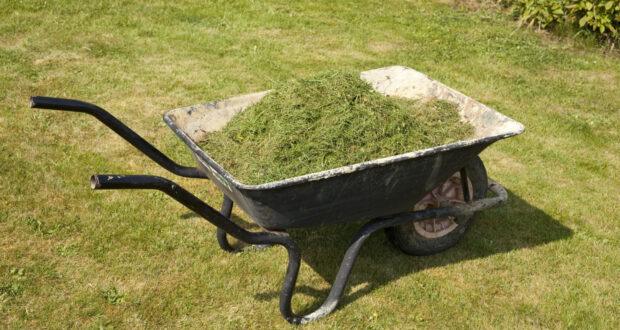Varun Nikore, who has been organizing Asian American and Pacific Islander voters for 25 years, calls what’s going to happen Sunday in San Francisco’s Portsmouth Square the next big test of the community’s growing political power.
After seeing national AAPI turnout jump 10 percentage points between the 2016 and 2020 election — more than any other racial or ethnic group — Nikore, executive director of AAPI Victory Alliance, wants to see whether the community is ready to “take the next step.”
That step is scheduled to happen at 1 p.m. in the heart of Chinatown, where Nikore’s left-leaning AAPI Victory Alliance will join forces with the youth-led March for Our Lives for a rally and news conference on gun violence — an issue it hasn’t waded into much.
Sunday’s rally will focus on Wells Fargo, whose headquarters is in San Francisco. Organizers are calling on the bank to sever its ties with the gun industry. The bank “has been the gun industry’s top financier,” Bloomberg News reported in 2018. The bank’s CEO Charles Scharf said in 2020 that its relationship with the National Rifle Association was “declining.” It had previously backed the NRA’s line of credit and mortgage loan commitments.
But activists say the bank’s relationship with the gun industry is still too cozy. In a letter to the bank last month, Nikore urged it to “stop financing an industry whose profiteering has directly cost lives in our communities and the communities where Wells Fargo operates.”
Edith Rocío Robles, Wells Fargo corporate communications assistant vice president, told The Chronicle in an email, “Wells Fargo has a long history of supporting the AAPI community and stands in solidarity with the community in the face of senseless violence. We listen carefully to all voices and all points of view in the ongoing firearms debate, and we take each of them seriously. Our communities, schools, places of business, and neighborhoods must be kept safe from gun violence.”
Sunday will provide a provocative split-screen image in the gun control debate. The San Francisco demonstration is taking place on the final day of the National Rifle Association convention in Indianapolis, where the top Republican presidential candidates and hopefuls are scheduled to either appear or send a message.
But AAPI voters — two-thirds of whom support Democrats — are headed in a different direction on guns.
Nikore’s eyes were opened by a Hart Research poll last year of 2,000 AAPI voters living in battleground House districts who said gun safety was their most important non-economic issue.
“As someone who has been involved in AAPI organizing for over 25 years, it shocked the heck out of me because guns have never registered in the top 10,” Nikore told me. “It was typically always education and immigration were the top two.”
But it is hard for any community to escape the never-ending toll of gun violence.
Sunday’s gathering is scheduled less than a week after a gunman killed five people at a Louisville bank and three weeks after a shooter murdered three adults and three children at a Nashville elementary school. It comes nearly three months after a gunman killed 11 people and injured nine others, many of whom were Asian American seniors, at a dance club in Monterey Park. They are among the 155 mass shootings this year, according to the Gun Violence Archive.
Those incidents are resonating. A March AAPI Data survey found that 84% of Asian Americans worry about being the victim of a mass shooting — compared with 74% of Blacks and Latinos who feel that way, and 59% of whites.
That same survey found that 75% of Asian American respondents felt gun violence was a bigger issue to them than the year before — more than any other racial or ethnic group except Black respondents, who felt that way in equal measure.
Nikore believes interest in the issue soared during Donald Trump’s presidency, particularly after he began repeatedly calling the COVID-19 pandemic the “China virus,” which correlated with a rise in racist sentiment against Asian Americans. One in 6 Asian Americans said they experienced a hate crime or hate incident in 2022, up from one in eight the previous year, according to AAPI Data.
In response, gun ownership has increased among AAPI communities. Some gun rights supporters sought to take advantage of the growing fear in the community by marketing more intensely to them.
A March 2021 tweet from the Gun Owners of America account said: “Want to #StopAsianHate? Buy a rifle.”
“Seeing an opportunity to exploit the fear spurred by these horrific attacks, the firearms industry has moved swiftly to expand its efforts targeting the AAPI community,” according to a 2021 report from the Violence Policy Center titled “How the Firearms Industry Markets Guns to Asian Americans.”
The community is feeling the impact of gun violence in other ways. While incidents of firearm suicide among young Asian Americans are lower than other racial or ethnic groups, it increased 168% over the past decade, according to a 2022 report from Everytown for Gun Safety.
“The statistics are alarming, but not shocking,” Zeenat Yahya, director of policy for March for Our Lives, told me. “For a lot of young folks, this is something that is top of mind.”
Galvanizing that fear and anxiety into a political movement, however, will be challenging, Nikore conceded.
When newer immigrants come to this country, he said, their first priority is to “provide for their families, work hard and keep their head down, just trying to ensure that their kids don’t have to work as hard as they do.
“I think (Asian Americans) have been kind of forced into more political participation and civic activism largely due to the election of Donald Trump in 2016,” Nikore said.
Nikore said he knew of only a handful of local AAPI political organizations before Trump’s election, but four years later, “there were close to a dozen.”
What AAPI Victory Alliance is trying to do with the 20-month corporate accountability campaign it is launching Sunday, he said, “is to move to the next level of engagement outside of politics.”
Nikore calls it the “2.0 AAPI movement.” San Francisco saw the political power the community flexed in the recalls last year of District Attorney Chesa Boudin and three school board members, two campaigns that were driven in part by Asian American voters.
The hope is to take that activism national. Nikore wants AAPI voters to do more than vote.
“We want to get to the point where if we don’t like something or we really believe in something — we want to get active,” Nikore said. “We want to cause and drive social change and political change.”
Sunday marks the very beginning of that next step. “That’s the whole reason why we put this campaign together,” he said. “We’re trying to test this theory: Is our community really ready for this?”
Reach Joe Garofoli: jgarofoli@sfchronicle.com; Twitter: @joegarofoli


